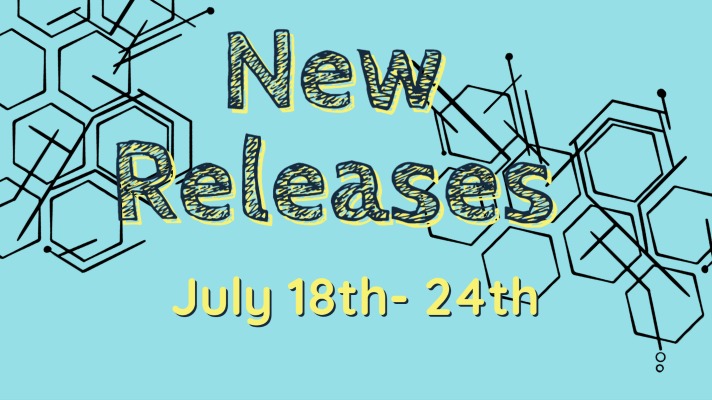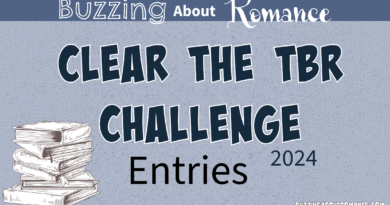Why Should you pay for a professional Beta Reader?
Before we get into the topic of the blog lets talk about the different roles in publishing a book. Not everyone realizes all the hands/eyes that touch a book before it shows up on your shelf.
Author: The person writing the book
Editor: may help with editing books by providing services such as proof reading, copy-editing, and literary criticism
Literary Agent: agent who represents writers and their written works to publishers, they also sometimes act in the role of editor.
Copy Editor: Copy editing is the process of revising written material to improve readability and fitness for its purpose, as well as ensuring that it is free of grammatical and factual errors
BETA Reader: Like a Copy Editor A beta reader is usually a test reader of an unreleased work of literature or other writing, who gives feedback from the point of view of an average reader to the author. A beta reader should be well versed in the genre you are writing in. Not all Beta Readers provide editing skills. It is mostly it is about the overall piece such as: holes in the storylines, pace and character development.
ARC Readers: an advance reader’s edition is a free copy of a new book given by a publisher to booksellers, librarians, journalists, celebrities, bloggers or others, before the book is printed for mass distribution. The hope of sending out ARC is to create buzz for the book.
Self-Publishing: Self-publishing is the publication of media by its author without the involvement of an established publisher. The term usually refers to written media, such as books and magazines, either as an ebook or as a physical copy using POD technology
Publisher: Publishing is the activity of making information, literature, music, software and other content available to the public for sale or for free. Traditionally, the term refers to the distribution of printed works, such as books, newspapers, and magazine.
Some of these roles might be performed by the same person. There is also the possibility that an Author might not use some of these roles if they are self-published or a self-promoting a book.
On to my original topic.. Why pay for a Beta Reader?
A while ago I read an ARC (Advanced Reader Copy) for a soon to be published book. It was a huge struggle to read this book. The book was very slow going. The movement of the story line was over saturated with detail, settings and situations that didn’t lead to overall development of the main storyline. Grammatically speaking the book was well written. Characters were well thought out and had depth. It had a trope that was well done and a nice twist that added complexity to the storyline. But the storyline was overly written. The book was way too long. In my opinion this book should not have been making its final rounds with an almost published label on it. This book needed a hard edit. This is where there is value in a good Beta reader. This story should have had a strong Beta Reader in the beginning to help the author realize where some of the problem areas are.
As Beta Reader I have heard all sorts of theories about BETA reading and who is the ideal beta reader. Some author feel that this role could be a close friend or maybe a super fan of their offerings. Many authors don’t feel they should pay Beta readers. Sometimes many authors only use Beta readers early on WIP but not necessary to use them once you have the whole story together. Some authors only use a beta read right before sending their final draft to their editor, a half step before it would go out to ARC readers.
I would argue that a Beta reader could be used for so much more. I would also argue that there might be more value in a Beta Reader versus an ARC reader (I do both). A lot of times a Beta Reader can be used as a copy editor. They can be used to find possible plot holes or character missteps. I did a beta read where halfway through the book the main characters name changed. While an easy fix this was a book that was less than a week from being sent out to ARC readers. That would have cause some not so great reviews. While you should expected in an ARC to have typo or some small errors, things that can easily be fixed before the final copy is sent to publication, but not the hero to have two different names. I also have read an ARC where the story starts of in Seattle, but by chapter 5 they are in Atlanta, no one moved, no travel, the author just forgot to go back to the beginning and edit for the change of setting, simple mistake, easily caught by an Beta Reader.
So why should you pay a professional Beta Reader over your former college roommate? My argument would go back to the adage you get “what you pay for”. By using a professional you would get more than just storyline and over all book thoughts. Most will give you feedback as far as what conversations are working or if you are overworking a situation. Myself, I offer not just an overall read but I will make editorial notes as far as setting issues, character development, and overwriting. By paying someone their reputation and other work rest on what their feedback to you is. Additionally, a paid professional is going to give you an honest feedback and not worry about hurting your feelings (because that is what you are paying them for). Your Best Friend will know the work and time you have put into a book and might not be as honest as you need to present a polished copy to your editor or agent. By allowing a professional to have eyes on your book in the long run it might help avoid last minute rewrites. The Beta Reader is also on your timeline, so if deadlines are looming a professional is only going to take the work they can get to by the assigned due date you give them, versus using your cousin, they might get busy with kids or work and not meet agreed upon due dates, leaving you with out that final over all read.
A couple things you should look for in a Beta reader. One, they should be well versed in your genre and possibly your sub-genre. Two, make sure that they are willing to take guidance from you, communication between an author and beta reader will help the process so much. Three, be willing to listen to your beta reader. Likely they have read 100’s if not 1000’s of books in your genre and have a strong working knowledge as to what is out in the world and what readers are looking for. Make sure not only is your Beta Reader in your genre but that they are currently reading what is coming out and part of your target audience. For example I read a ton of YA, I have a teen daughter, so I read what she reads, but I am not going to be able to give you useable feed back that would appeal to that age group, as my perspective would be different.
When charging for Beta reading, I personally am negotiable especially for self-publishing and indie authors. The goal of a beta reader isn’t to break your bank but there is value to their time and feedback. Some beta readers have a hard-set rate. Talk to several Beta readers before you settle on one. Make sure you feel like they can be a part of your team or someone you can work with.
Most people in the field are trying to help your craft. They want you to present the best possible product to your audience. A Beta Reader wants you to succeed. Being a Beta Reader is more than just a job, it does take a lot of passion on their part and a love of the craft of writing to read a rough copy of a book. If I am honest, I wish I could write! I have the stories but putting them on paper eludes me, so if I can help a writer who can put their words to paper, I want to be a very small part of helping them achieve their dream.



